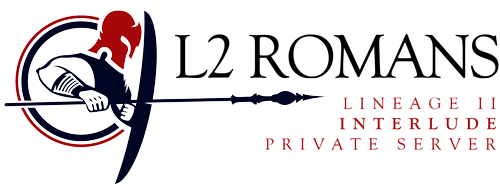Introduction
In the world of programming, especially in a language like Delphi, you may often encounter the terms “procedures”, “functions” and “methods”. Though they might sound technical, they are quite simple once you break them down. Let’s dive into what these terms mean and how they differ.
What is Delphi?
Delphi is a programming language used to create applications. Think of it as a set of instructions you give to your computer to perform specific tasks. Just like how you might use a recipe to bake a cake, programmers use Delphi to “bake” software.
Procedures
A procedure in Delphi is like a small helper that performs a specific, separated task. It follows a set of instructions to do something, and once it’s done, it doesn’t return any result to the main program. Imagine you ask your friend to go and buy groceries. They go, buy everything you asked for, and come back. You don’t need them to tell you what they bought – you just trust that they did the job well.
Here’s a simple example of a procedure in a way that’s easy to understand:
procedure SayHello;
begin
print('Hello, world!');
end;
In this example, ‘SayHello’ is a procedure that simply prints “Hello, world!” on the screen. It performs the task and doesn’t give anything back to you.
Functions
Functions in Delphi are special procedures which accepts parameters and can return the value. This feature is essential as it allows you to pass informations into a function so it can perform its task based on some specific conditions (parameters values). You can think about parameters as the ingredients you provide to a recipe.
Lets take a look on example:
function AddNumbers(a, b: Integer): Integer;
begin
Result := a + b;
end;
In this example ‘AddNumbers’ is a function which takes two parameters (numbers), sums them together, and then returns back the result.
You can call this function as:
var
sum:integer;
begin
sum := AddNumbers(10,30);
end.
Key Differences
- Return Value – the main difference is that a function returns a value, while a procedure does not,
- Usage – use procedures when you want to perform an action without needing a result. Use functions when you need a result from the operations executed inside the body of the function.
When to Use Procedures and Functions
Knowing when to use a procedure or function can make your program more efficient. If you don’t need any information back, a procedure is perfect – as it’s fast optimized. If you need a result for further operations – go for a function.
Live usage example:
- Use a procedure to send a message in the clan chat,
- Use a function to calculate the number of the surrounding monsters (and return back the calculated numer).
Conclusion
Understanding procedures and functions in Delphi is fundamental for anyone interested in programming. They help break down tasks into manageable pieces, making your code easier to read and maintain. Remember, procedures are like helpers that do a job without reporting back, while functions do a job and return a result. With these concepts in mind, you can start exploring more complex programming ideas with confidence.
Happy coding and stay tuned for the next episode of Delphi and Adrenaline adventures!
